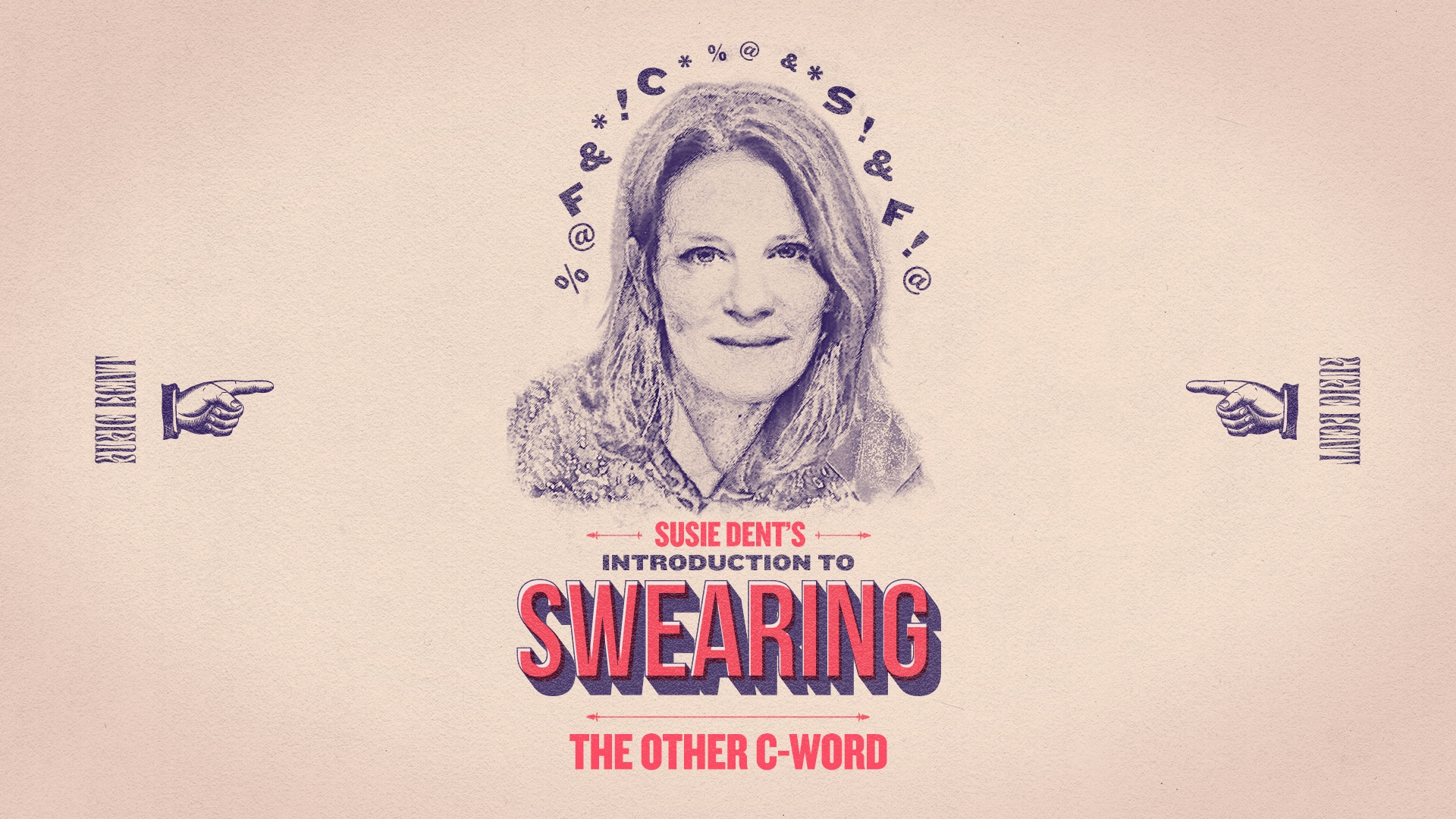

Fittingly, any discussion of the history of ‘crap’ usually involves a fair amount of the stuff itself. At some point, Thomas Crapper will be mentioned as the inventor of the modern toilet and, thus, the inspiration for naming what he so successfully flushed away. As ever, however, things are a little more complex, and we need to dig deeper than even a long-drop toilet (3m, apparently) to cut the crap.
To begin with, the 19th-century plumber Thomas Crapper, for all his notable legacy, did not give us the first flushing toilet. That accolade belongs to Thomas Brightfield, who in the middle of the 15th century, designed a toilet that discarded its contents with water from a cistern. In 1596, Sir John Harington built a toilet at his house near Bath for the convenience of his godmother, Queen Elizabeth I, thereby enabling an early and literal royal flush.
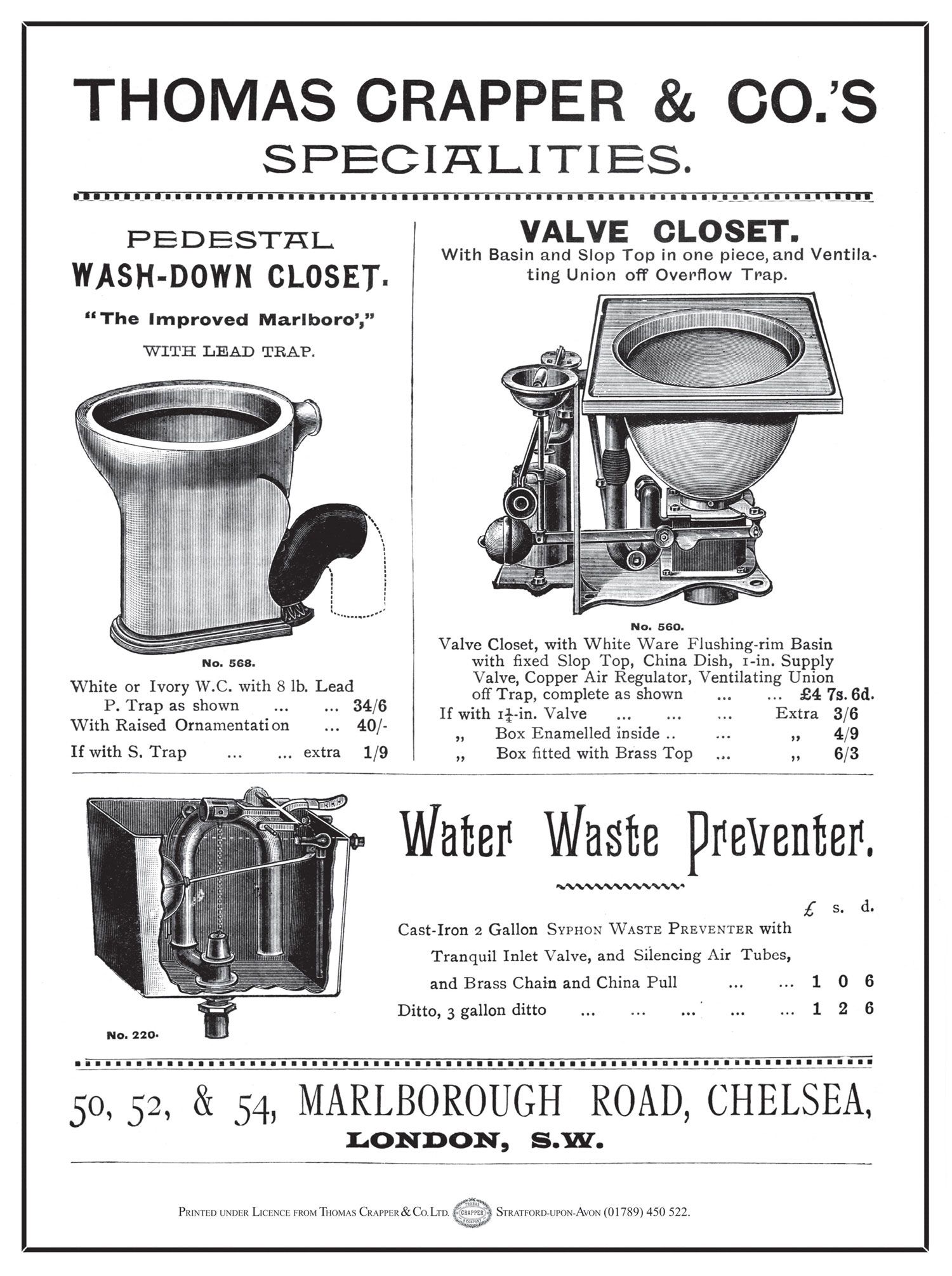
Neither of these inventions were produced on a mass scale; such was their expense that chamber pots remained the dominant choice. When toilets did become the norm, Thomas Crapper was responsible for multiple improvements, though not all were entirely reliable. One of his creations, which boasted a self-raising seat, was so hit-and-miss it apparently became known as the ‘bottom slapper’.
Crapper did however make an important contribution to the history of ‘crap’ by lifting the taboo of talking about ‘sanitary ware’. Notably, he introduced the first bathroom showroom in the world in London’s Chelsea (inducing, it’s said, such shock in passers-by that the most vulnerable fainted on the spot).
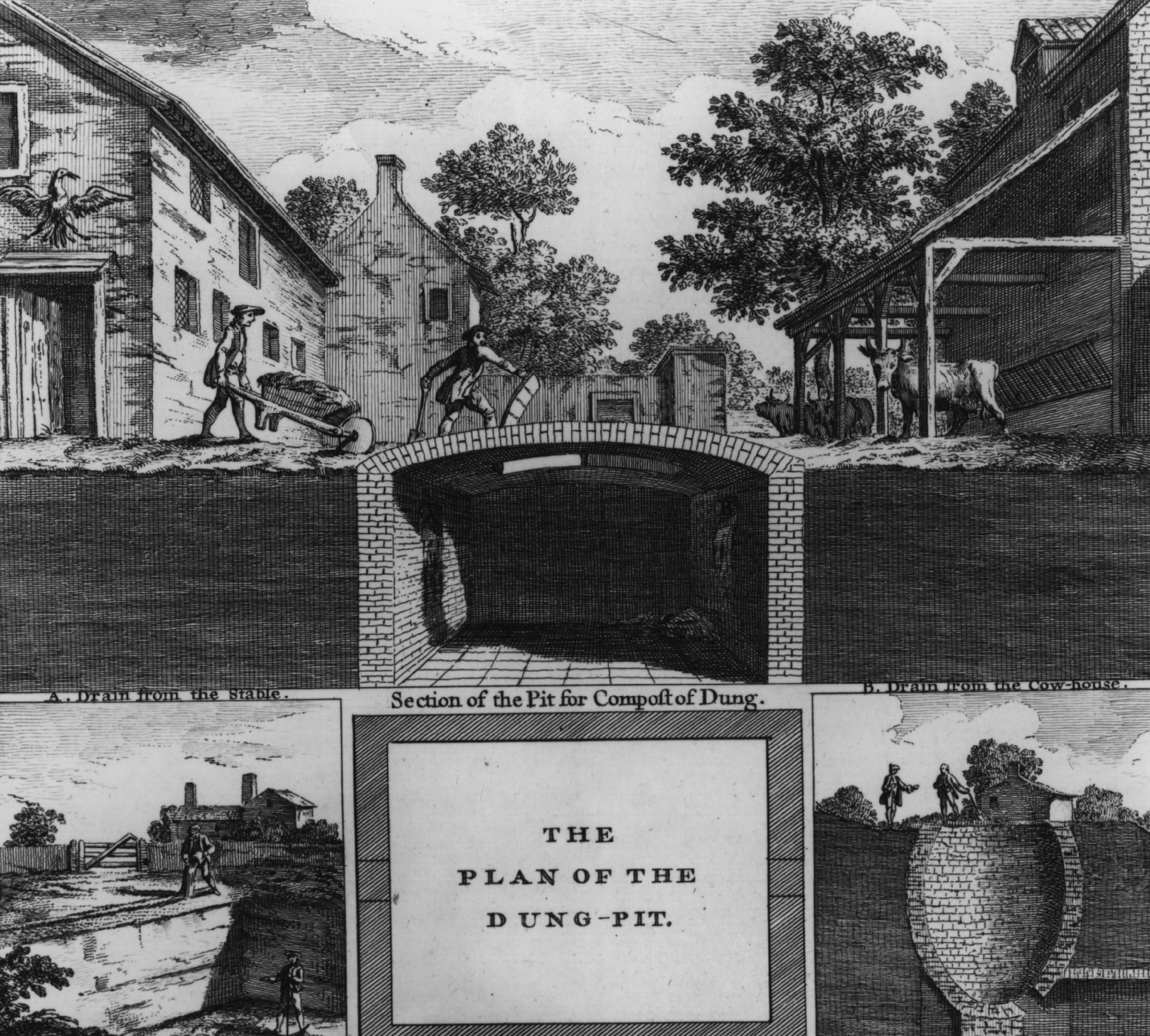
A manure pit for composting, 1704.
There is no doubt that Crapper’s name served its purpose, and if today you spot an old toilet with his name still legible on its cistern, it’s easy to see why you might involve him in the crap we expend and encounter every day. You would, however, be wrong, for the word’s history is much older.
Want more foul-mouthed indecency? You can find all of Susie Dent’s Introduction to Swearing here!
The real source of crap seems, appropriately, to be a mash-up of all kinds of things, from a variant of ‘scrape’ to the Norman French crappe meaning ‘dregs’ or ‘rubbish’, with an additional nod to an old Dutch word crappe, a ‘piece of fried meat’. ‘Crap’s first mention in the Oxford English Dictionary is as husks of grain or chaff – the discarded or ‘unwanted’ bits. Not long after, it was used for the small scraps of pork fat remaining after lard has been rendered off, a sense that still lingers today in some parts of Britain, where ‘craps’ are essentially pork scratchings. Throughout, there runs the thread of something left over, a messy by-product.
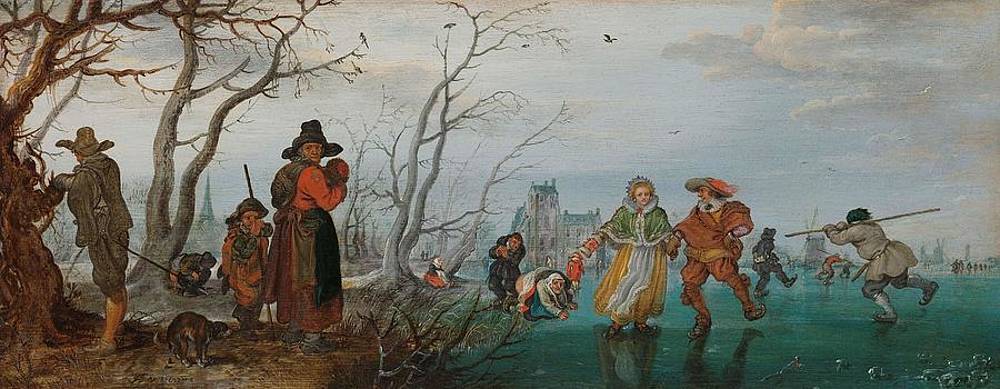
It was perhaps inevitable then that crap took a turn to the dark side and became a synonym for excrement in the middle of the 19th century, when a ‘crapping ken’ was a blunt term for a privy. And this is where another etymological possibility creeps in – for the first mentions were of a ‘cropping ken’, a reference perhaps to the ‘crop’ that is an old word for a tail, with all its associated anal connections. Combine the ‘crap’ that is a waste product and the ‘crap’ that riffs on the human tail, and there we might have our answer.
From that point on, crap’s history was plain sailing. It didn’t take long before the word assumed a metaphorical sense of nonsense or lies. Its first recorded mention is a straight-talking one from a dialect dictionary of 1898: ‘What crap’s that y’er talkin’?
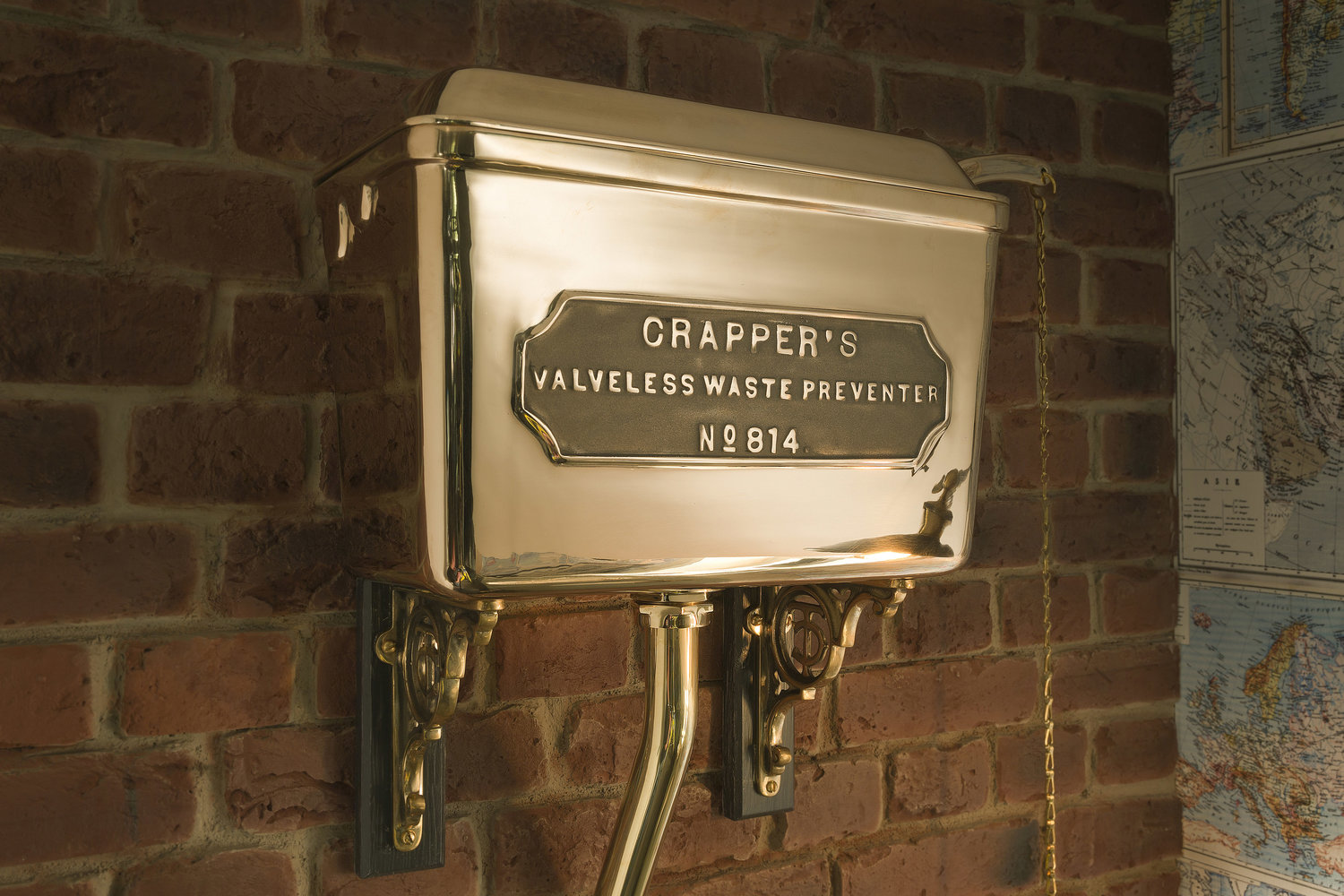
Like ‘shit’, ‘crap’ is also used for miscellaneous items or personal belongings. Catcher in the Rye gives a perfect example: ‘ While I was putting on my galoshes and crap, I yelled over and asked old Ackley if he wanted to go to the movies’. In fact, ‘shit’ and ‘crap’ have become smelly kissing cousins, more or less interchangeable in many contexts. You can beat the crap out of someone, exclaim, ‘what the crap!’, be a crap artist, or not give a crap. It’s surely just a matter of time before footballers engage in ‘craphousery’.
It’s clear that ‘crap’ has never had a pretty face. But while we dismiss its physical state as quickly as possible, linguistically, it has no shame. It may not have the status of the ‘original’ C word, but its uses are plenty. As a mild and multi-purpose swear, it’s unlikely to go down the pan any time soon.





2 Comments
Craps, the game?
Thomas was a star, as is Susie 🙂